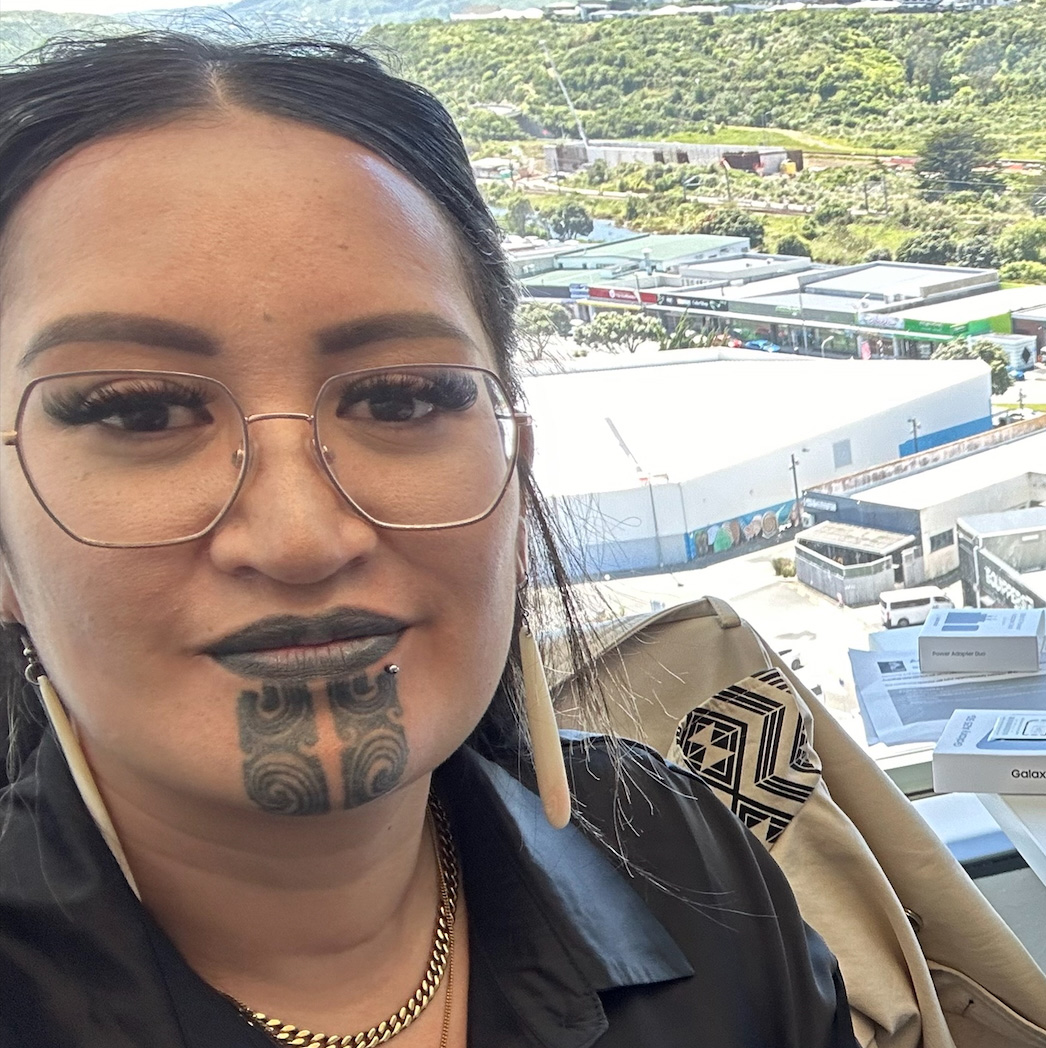
Keta Te Ahuru (Ngā Puhi, Ngāti Hineamaru, Uepōhatu me Ngāti Porou)
Māori Equity Lead – Younger Persons’ Sector
Ko Te Ahu Ahu me Hikurangi ngā Maunga
Ko Waitangi me Waiapū ngā Awa
Ko te roto Ōmapere te Moana
Ko Ngātokimatawhaorua me Nukutaimemeha ngā Waka
Ko Te Ahu Ahu me Managahānea ngā Marae
Ko Ngāti Hineira, Te Uri o Hua, Ngāti Ira me Te Whānau a Hinetāpora ngā Hapū
Ko Ngā Puhi, Ngāti Hineamaru, Uepōhatu me Ngāti Porou ngā Iwi
Ko Keta Rima Te Ahuru (née Kaiwai) ahau.
What led you to this role?
My journey to this role is shaped by my background in education and my deep passion for supporting tamariki and rangatahi. As a teacher, I’ve always been committed to fostering positive outcomes for young people, but being a mother of five has deepened my understanding of their unique needs, especially within mental health services. This personal experience, alongside my dedication to Māori equity, fuels my drive to advocate for the younger generation within MHAIDS.
I’m passionate about ensuring Māori rangatahi have access to culturally responsive care and that their voices are represented in shaping the services that impact them. This role offers the opportunity to strengthen these partnerships and create meaningful change for our youth.
What drives your passion for improving equity?
My passion for improving equity is rooted in upholding Te Tiriti o Waitangi and ensuring the Māori-Crown partnership is acknowledged in MHAIDS decisions. As a mother and educator, I’ve seen the importance of Māori voices in mental health services, particularly for tamariki and rangatahi. I’m driven by the need to ensure Māori communities receive culturally responsive care and that Te Tiriti is fully integrated into decision-making to achieve genuine equity.
What opportunities do you see for this role to improve equity in MHAIDS services?
This role provides an opportunity to strengthen Māori Leader representation and ensure culturally responsive practices within MHAIDS. By advocating for integration of Te Tiriti o Waitangi principles in service delivery, I can help ensure that Māori voices are included in decision-making processes. This will promote better outcomes for Māori tamariki and rangatahi.
What are you looking forward to in this role?
I am excited to collaborate with teams across MHAIDS and external partners, particularly Iwi and Mana Whenua. Building strong relationships with these groups is essential for ensuring Māori perspectives are integrated into mental health services, and I look forward to contributing to projects that support the needs of Māori communities.
I would like to thank Hiraina McKenzie, MHAIDS’ Kaihautū Māori, for her leadership, and Pip Bowler, Whānau Advisor, for her support in helping me connect into the Younger Persons Service.
I also appreciate the Kaunihera Kaumātua, Team Leaders, and Kaimahi for their warm welcome and support. I look forward to working together to achieve positive outcomes.